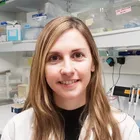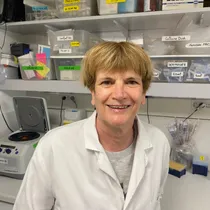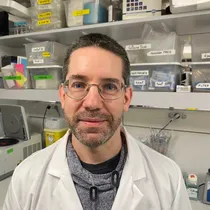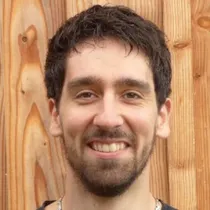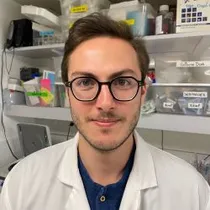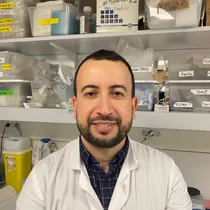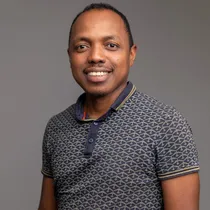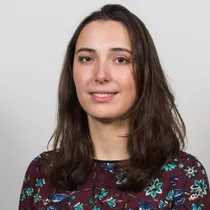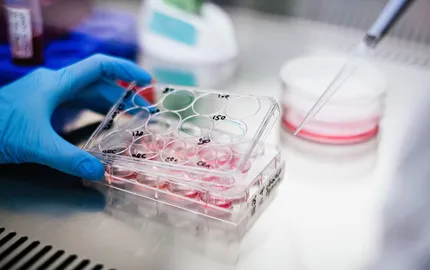Presentation

Hélène Salmon is the head of the Stroma and Immunity Group at the Institut Curie, U932, since 2019, and holds a position as Assistant Professor at Icahn School of Medicine at Mount Sinai, New York.
Our Stroma and Immunity Team aims to decipher the crosstalk between stromal cells, especially fibroblasts, and immune cells in peripheral tissues, with a strong focus on cancer lesions.
Projects
We are using cutting-edge technologies including CITE-sequencing, single cell-sequencing, mass cytometry, and multiplexed imaging, to provide a comprehensive mapping of the stromal cells in solid tumors from cancer patients – lung/bladder cancer – to decipher the biology of cancer-associated fibroblasts (CAFs) and their contribution to tumor immunity. Strong collaborations are established between wet-lab researchers and computational biologists.
In addition to primary human tumor lesions, we use clinically relevant mouse tumor models to study the stroma-immune crosstalk in cancer. We are investigating CAF gene signatures associated with distinct patterns of T cell infiltration and aim to identify key fibroblast genes regulating T cell dynamics in tumors. We designed a functional CRISPR screen to individually test the effects of these gene candidates on T cell dynamics and tumor lysis in a novel 3D spheroid system containing CAFs, tumor cells and tumor-specific T cells.
Manipulating fibroblasts is a promising avenue to develop new therapeutics against cancer. The ultimate goal is to develop new strategies to target the stromal compartment specifically in tumor lesions and improve clinical responses to conventional therapies.
Prior work includes:
- Developing a technique to monitor T cell migration in human fresh tissue. In this system of fresh tissue sections, fluorescently labeled T cells freshly isolated from the tumor are plated on top of the tissue, and imaged in real-time with a wide-field, confocal, or two-photon microscope. Developed in the laboratory of Alain Trautmann and Emmanuel Donnadieu (Institut Cochin, Paris, France), the technique permits for the first time the study of cell migration in live human tissue (Salmon et al, Journal of Visualized Experiments 2011. PMID: 21775968).
- Discovering novel contributions of the extracellular matrix to regulation of T cell migration in human solid tumors. We are particularly interested in immune cell dynamics and their tight control by the tissue environment. Our work shed light on molecular elements controlling T cell distribution and migration within human lung tumors, and provided strong evidence for the role of extracellular matrix fibers – through density and orientation – in keeping T cells outside of the tumor bed (Salmon et al, Journal of Clinical Investigation 2012. PMID: 22293174).
- Identifying key contributors of myeloid cells to antitumor immunity: This work, done in the Miriam Merad laboratory (Icahn School of Medicine at Mount Sinai, New York) analyzed myeloid cell populations infiltrating melanoma tumors and their contribution to tumor progression and tumor response to immunotherapies. We identified the unique ability of CD103+ dendritic cells (DCs) to transport intact tumor antigen to the lymph node and present it to CD8+ antitumor T cells. Our work established that the low number and the low activation state of tumor-associated CD103+ DCs limit the ability of anti-PD-L1 antibodies to induce antitumor immunity. Expansion and activation of these DCs in situ enhances tumor response to checkpoint inhibition therapy (Salmon et al, Immunity 2016. PMID: 27096321). We also identified some of the mechanisms by which Langerhans cells modulate tumor response to ionized radiation (Price et al, Nature Immunology 2015. PMID: 26343536)


